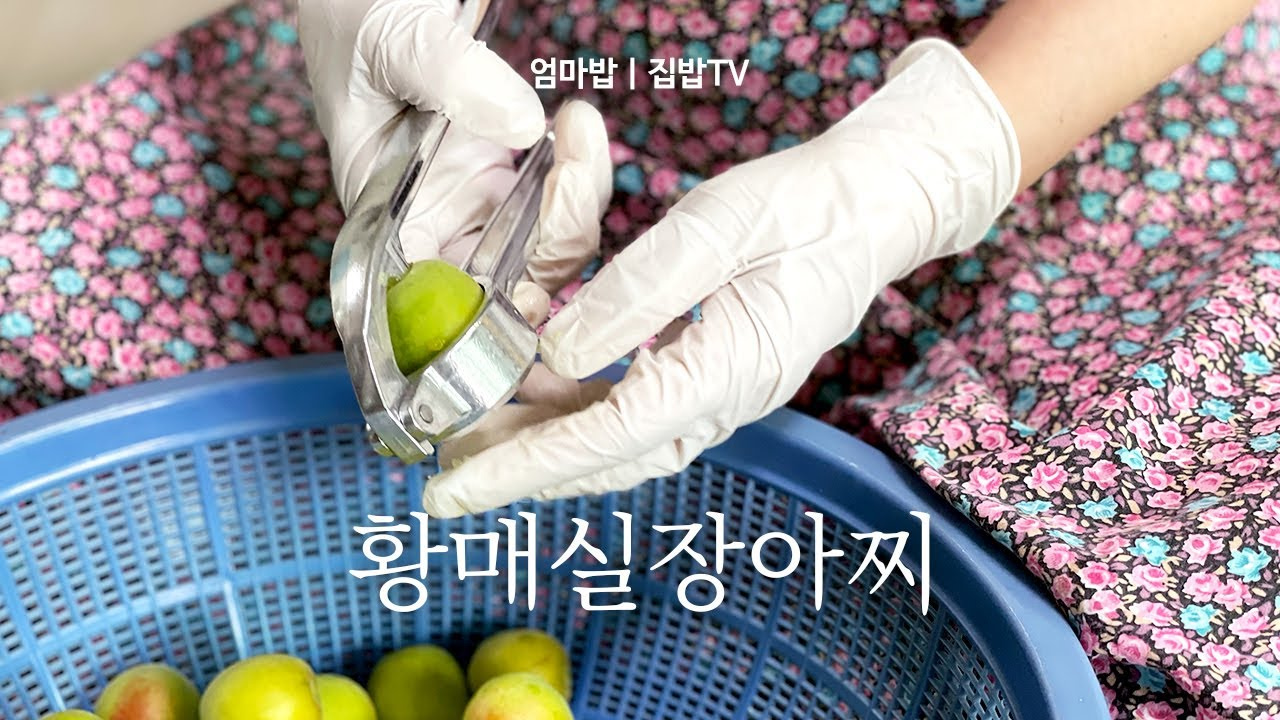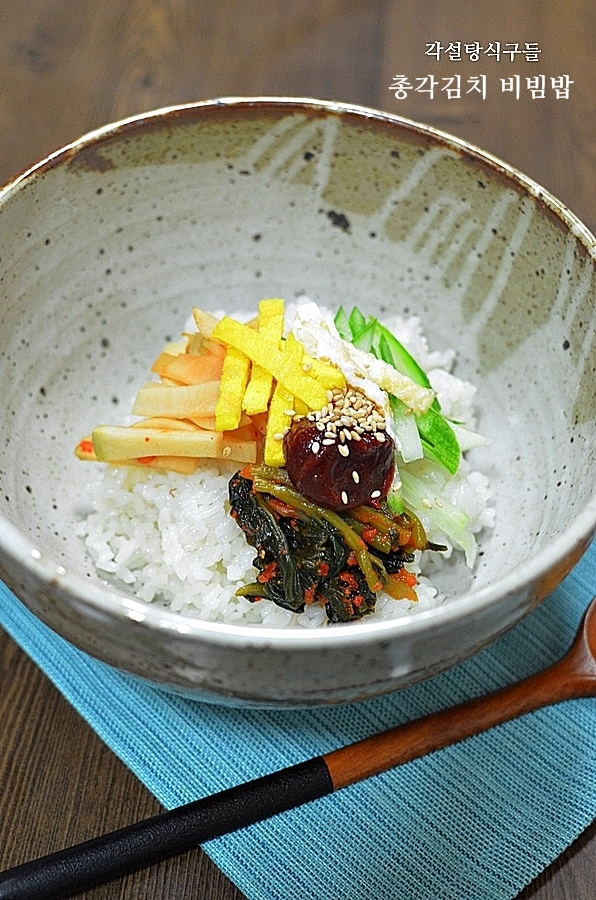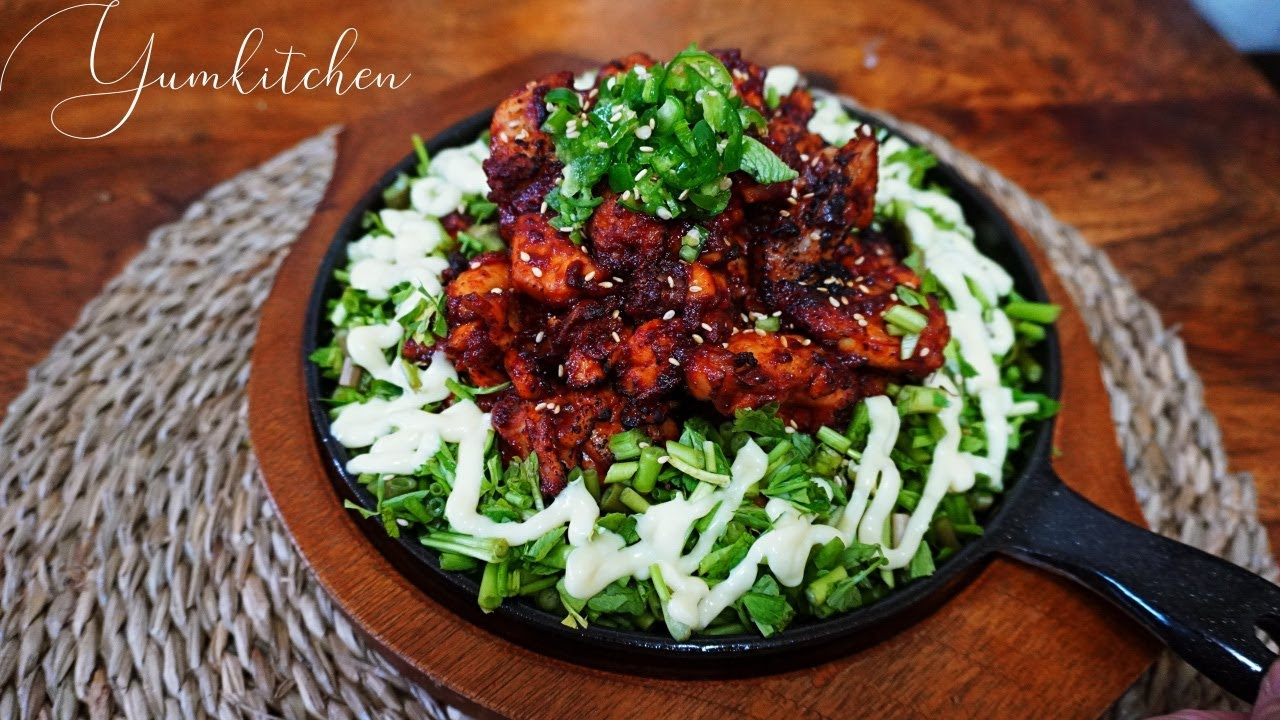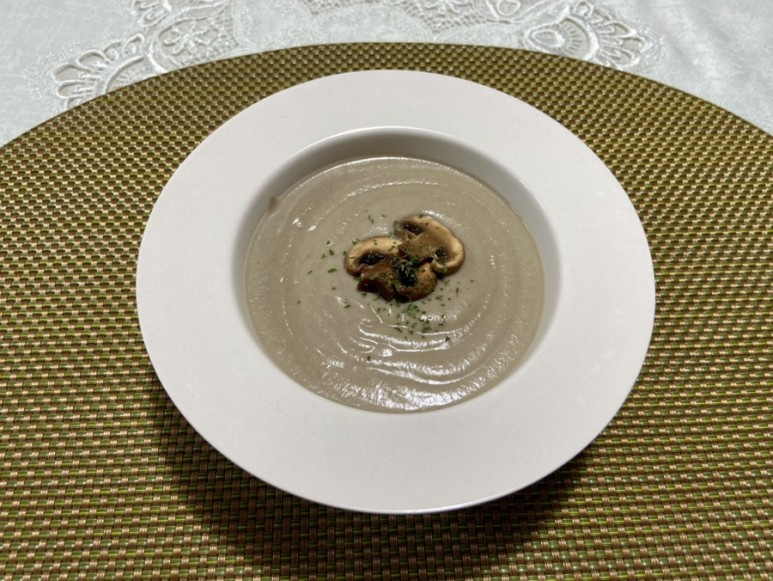Sweet and Tangy Pickled Golden Plums (Hwangmaesil Jangajji)
Easy Method for Pitting Golden Plums Using a Specialized Tool to Make Jangajji

Preserving the fragrant flavor of golden plums, pitting them becomes significantly easier with a plum pitter. Follow this simple recipe to create delicious jangajji with minimal ingredients. Learn the detailed preparation steps and enjoy its delightful sweet and sour taste.
Jangajji Ingredients- 2kg Ripe Golden Plums
- 2kg White Sugar (Raw Sugar)
- 1 Tbsp Coarse Salt
- A little Flour (for washing plums)
- A little Vinegar (for washing plums)
Cooking Instructions
Step 1
Gently rinse the fresh golden plums once under running water. Then, fill a bowl with plenty of water, dissolve some flour in it, and soak the plums for about 10 minutes. The flour helps to remove any surface residue and impurities from the plums.

Step 2
After soaking in the flour water, take the plums out and rinse them clean. Next, pour in a good amount of vinegar into another bowl, soak the golden plums for another 10 minutes. Vinegar helps to remove pesticide residues and adds a sterilization effect. Finally, remove the plums from the vinegar water and rinse thoroughly under cold running water several times.

Step 3
Drain the thoroughly washed golden plums completely. It’s crucial to remove all excess water, as it can cause the jangajji to spoil quickly. Dry them thoroughly in a well-ventilated area. Sun-drying them lightly is also a good option.

Step 4
Now it’s time to prepare the stems of the dried golden plums. Use a sharp toothpick or skewer to carefully remove the hard stem from each plum. This step is important to prevent any bitterness and ensure a clean flavor in the jangajji.

Step 5
Next, we will remove the plum pits. Using a plum pitter (fruit de-corer) available on the market makes removing the pits easy and safe. Position the tool on the plum and twist to cleanly remove the pit. Handle the pitted plums gently to avoid damaging their shape.

Step 6
Once the pits are removed, prepare to cut the golden plums into bite-sized pieces. Use a thin, sharp paring knife to halve the plums or cut them into quarters, according to your preference. Cutting them this way allows the seasonings to penetrate better, resulting in more flavorful jangajji.

Step 7
Now, let’s begin the process of mixing with sugar. First, add 1kg of white sugar (raw sugar) to the prepared golden plums. Gently toss them together so that the sugar evenly coats the plums. It’s better to add sugar in stages rather than all at once; this helps prevent the plums from becoming too mushy.

Step 8
Place the sugar-coated golden plums into an airtight container or glass jar. Close the lid tightly and let them sit at room temperature for one day to ferment. During this process, the sugar will start to dissolve, and the plums will begin to release their moisture.

Step 9
After one day, carefully take out the golden plums that have released their juices. Sprinkle 1 tablespoon of coarse salt evenly over the removed plums. Salt helps to neutralize any undesirable flavors and enhances the overall umami taste.

Step 10
Add the remaining 1kg of white sugar (raw sugar) to the salted golden plums. Gently mix them again so the sugar coats the plums once more. Close the lid of the container securely. Now, store the jangajji in a cool, consistent temperature environment, such as a kimchi refrigerator. The delicious golden plum jangajji will be ready after at least a week of aging, allowing the flavors to deepen.




